I'm designing and programming an elevator-like robot for a high school project. Could I possibly do anything to make this any simpler? Or better? I have attached a picture of my design that I made in AutoCAD Inventor with labels.

For those not familiar with RobotC or VEX (it is VERY similar to C and C++): the limit switches (limit1, limit2, ...) and bump switches (floor1, floor2, ...) are analog buttons and return a value of 0 if not pressed and 1 if pressed. The motor (mainMotor) rotates the gear which causes the mechanism to travel upwards on the slide. When the shaft sticking out the motor mechanism moves up and down, it presses limit switches and causes it to return a value of 1.
int callup [3];
int calldown [3];
int floorat[3];
int main ()
{
if (SensorValue[limit1] == 1)
{
floorat[0] = 1;
}
else
{
floorat[0] = 0;
}
if (SensorValue[limit2] == 1)
{
floorat[1] = 1;
}
else
{
floorat[1] = 0;
}
if (SensorValue[limit3] == 1)
{
floorat[2] = 1;
}
else
{
floorat[2] = 0;
}
if (SensorValue[floor1] == 1)
{
calldown[0] = 1;
SensorValue[LED1] = 1;
}
if (SensorValue[floor2] == 1 && floorat[2] == 1)
{
calldown[1] = 1;
SensorValue[LED2] = 1;
}
if (SensorValue[floor2] == 1 && floorat[0] == 1)
{
callup[1] = 1;
SensorValue[LED2] = 1;
}
if (SensorValue[floor3])
{
callup[2] = 1;
SensorValue[LED3] = 1;
}
motors ();
}
void motors ()
{
if (callup[2] == 1 && floorat[2] == 1)
{
int x = 1;
while (x < 3)
{
SensorValue[LED3] = 1;
wait(0.5);
SensorValue[LED3] = 0;
wait(0.5);
}
callup[2] = 0;
main ();
}
else if (callup[1] == 1 && floorat[1] == 1)
{
int x = 1;
while (x < 3)
{
SensorValue[LED2] = 1;
wait(0.5);
SensorValue[LED2] = 0;
wait(0.5);
}
callup[1] = 0;
main ();
}
else if (callup[0] == 1 && floorat[0] == 1)
{
int x = 1;
while (x < 3)
{
SensorValue[LED1] = 1;
wait(0.5);
SensorValue[LED1] = 0;
wait(0.5);
}
callup[0] = 0;
main ();
}
if (callup[2] == 1 && floorat[1] == 1 && calldown[0] == 0 || callup[2] == 1 && floorat[0] == 1 && callup[1] == 0)
{
startMotor(mainMotor, 60);
untilTouch(limit3);
stopMotor(mainMotor);
callup[2] = 0;
wait(1);
main ();
}
if (callup[1] == 1 && floorat[0] == 1)
{
startMotor(mainMotor, 60);
untilTouch(limit2);
stopMotor(mainMotor);
callup[1] = 0;
wait(1);
main();
}
if (calldown[1] == 1 && floorat[2] == 1)
{
startMotor(mainMotor, -60);
untilTouch(limit2);
stopMotor(mainMotor);
calldown[1] = 0;
wait(1);
main();
}
if (calldown[0] == 1 && floorat[2] == 1 && calldown[1] == 0 || calldown[0] == 1 && floorat[1] == 1)
{
startMotor(mainMotor, -60);
untilTouch(limit1);
stopMotor(mainMotor);
calldown[0] = 0;
wait(1);
main();
}
}
Although it shouldn't be a concern for this question, the 60 in the startMotor command is the speed of the motor, just to make it clearer.
Feel free to ask any more questions.

